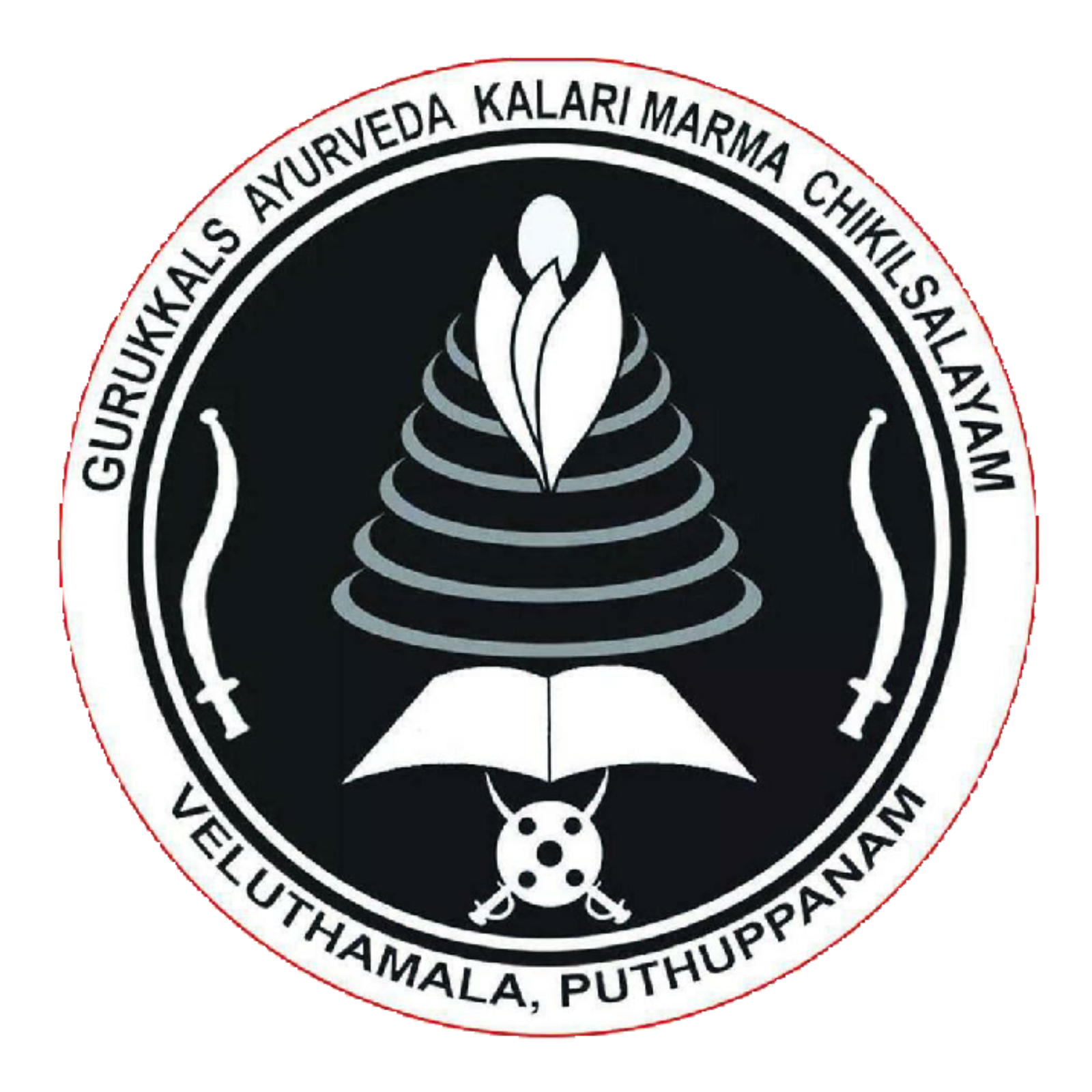Ayurveda is one of the world’s oldest holistic healing systems. It was developed more than 3,000 years ago in India. It’s based on the belief that health and wellness depend on a delicate balance between the mind, body, and spirit. Its main goal is to promote good health, not fight disease. But treatments may be geared toward specific health problems. In the United States, it’s considered a form of complementary and alternative medicine. Ayurveda and Your Life Energy Students of CAM therapy believe that everything in the universe – dead or alive – is connected. If your mind, body, and spirit are in harmony with the universe, you have good health. When something disrupts this balance, you get sick. Among the things that can upset this balance are genetic or birth defects, injuries, climate and seasonal change, age, and your emotions. Those who practice Ayurveda believe every person is made of five basic elements found in the universe: space, air, fire, water, and earth. These combine in the human body to form three life forces or energies, called doshas. They control how your body works. They are Vata dosha (space and air); Pitta dosha (fire and water); and Kapha dosha (water and earth). Everyone inherits a unique mix of the three doshas. But one is usually stronger than the others. Each one controls a different body function. It’s believed that your chances of getting sick — and the health issues you develop — are linked to the balance of your doshas.
What is Ayurveda?
Ayurveda, a natural system of medicine, originated in India more than 3,000 years ago. The term Ayurveda is derived from the Sanskrit words ayur (life) and veda (science or knowledge). Thus, Ayurveda translates to knowledge of life. Based on the idea that disease is due to an imbalance or stress in a person’s consciousness, Ayurveda encourages certain lifestyle interventions and natural therapies to regain a balance between the body, mind, spirit, and the environment.


In India, Ayurveda is considered a form of medical care, equal to conventional Western medicine, traditional Chinese medicine, naturopathic medicine, and homeopathic medicine. Practitioners of Ayurveda in India undergo state-recognized, institutionalized training. Currently, Ayurvedic practitioners are not licensed in the United States, and there is no national standard for Ayurvedic training or certification. However, Ayurvedic schools have gained approval as educational institutions in some states.
Many Ayurvedic materials have not been thoroughly studied in either Western or Indian research. Some of the products used in Ayurvedic medicine contain herbs, metals, minerals, or other materials that may be harmful if used improperly or without the direction of a trained practitioner.
The ancient Indian medical system also known as ayurveda is based on ancient writings that rely on a natural and holistic approach to physical and mental health. Panchakarma procedures designed to reduce symptoms are restore harmony and balance together with traditional kalari techniques makes cure faster. Our objective is to eliminate toxins and vitiated dosas and build the immune system through the 5 types of therapies namely vamana, virechana, vasthi, nasya and raktamokshana. All the therapies are conducted by experienced therapists and masseurs or masseuses under the supervision of professional ayurvedic physicians.
